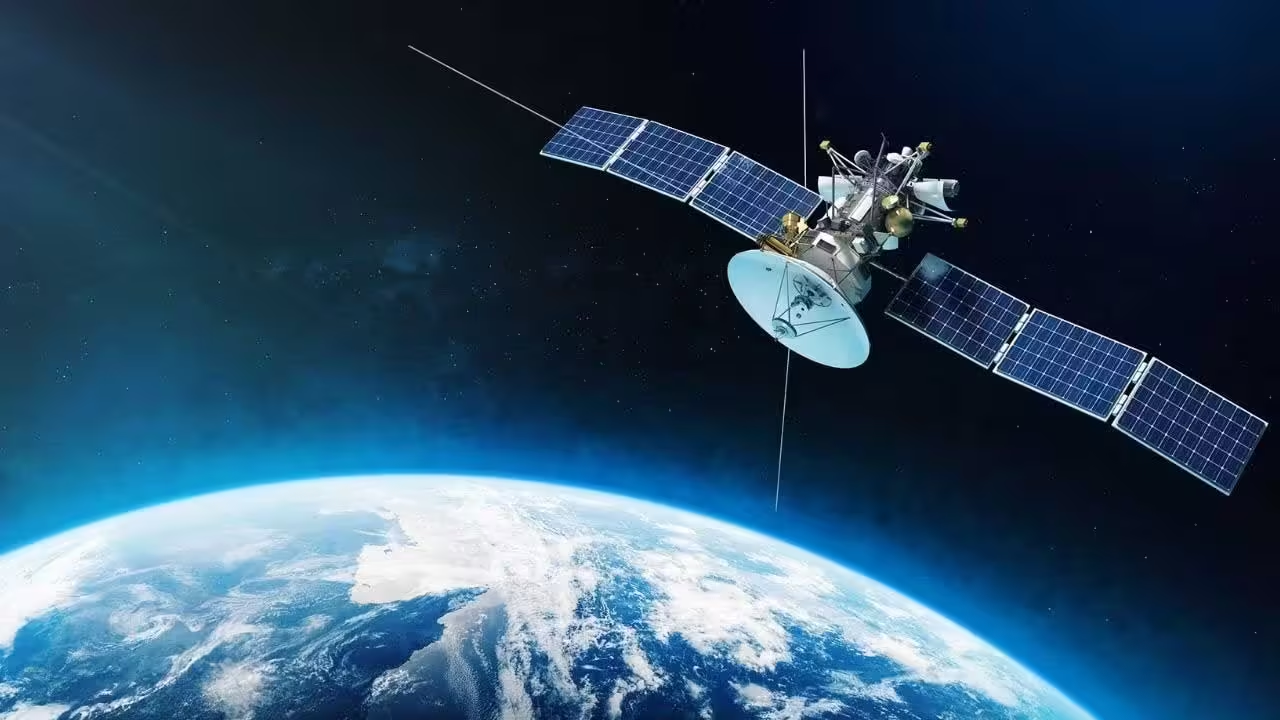Pakistan’s first multi-mission satellite, PAKSAT-MM1, has successfully become operational, marking a key milestone in the country’s space and digital development. Facilitated by the Special Investment Facilitation Council (SIFC), the satellite’s success is set to transform Pakistan’s communication infrastructure, benefiting a range of sectors within the IT industry.
PAKSAT-MM1 will provide essential services such as television broadcasting, mobile phone service, community internet, and tele-education, which will help foster local industries and enhance internet connectivity, especially in remote areas. This development aligns with the government’s vision for a “Digital Pakistan.”
Moreover, Pakistan’s global standing in digital governance has seen notable improvement. In the United Nations E-Government Development Index, Pakistan rose 14 places, now ranking 136th, up from 150th in 2022.
Earlier this year, Pakistan also made history with its lunar mission, ICUBE-Q, launched on May 3 aboard China’s Chang’E6 from Hainan, China. This mission, Pakistan’s first lunar exploration, represents a significant achievement in the country’s space program. The ICUBE-Q satellite was designed by the Institute of Space Technology (IST) in collaboration with China’s Shanghai University SJTU and Pakistan’s national space agency, SUPARCO.



